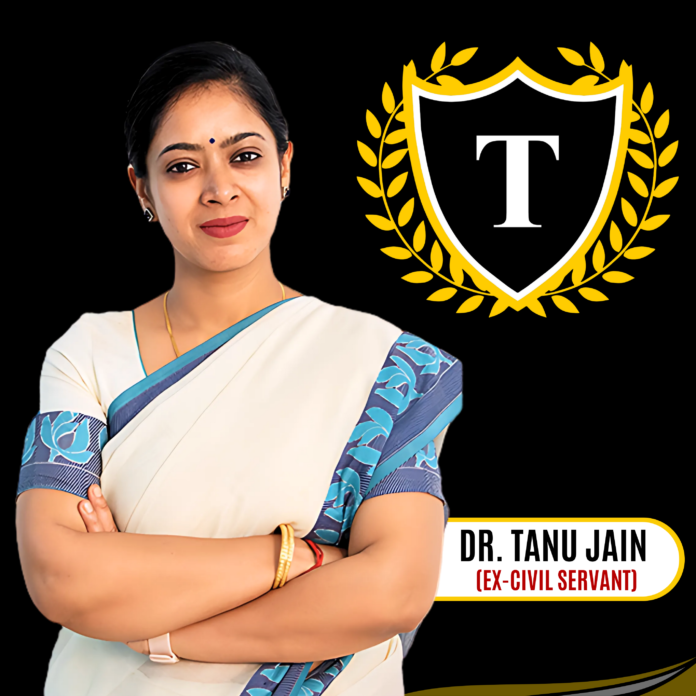Philosophy can develop critical and analytical thinking skills that can prove to be a great advantage in the UPSC Civil Services Mains Exam, while simultaneously encouraging lifelong learning and personal growth by challenging students to confront complex ideas head-on.
Philosophy’s major branches include epistemology, ethics, logic, and metaphysics – each offering explanations for human existence that shape world-views.
Mastering the subject
Philosophy provides a holistic development process and can also develop your ability to think logically and clearly, both of which can help you excel in other subjects as well. Furthermore, philosophy has long been recognized as being one of the highest scoring subjects when prepared properly – many toppers have taken advantage of its versatility by selecting this subject and earning top scores on exams!
Beyond providing you with a deeper understanding of abstract concepts, studying philosophy can also enhance your answer writing skills and help ensure concise and well-written answers – giving you more chances of scoring marks! To master the subject fully, focus on studying philosophers and their philosophies closely while making note of important arguments, criticisms and relevance when studying philosophers themselves; make sure to incorporate relevant examples and terminology from philosophy into your answers to heighten the impact of your explanations.
Philosophy Optional is an attractive optional subject for the Civil Services exam for many reasons, not least its short length and ease of completion compared to other subjects such as science or current affairs. Furthermore, philosophy offers less susceptibility to last-minute changes to its syllabus compared to these options compared with science or current affairs; moreover it caters to aspirants from diverse backgrounds since there are no prerequisites required – anyone interested can study philosophy!
Getting started
Philosophy is one of the most sought-after optional subjects among candidates aiming to enter civil services examinations. As it’s both non-technical and logical, Philosophy can help strengthen your overall score if your performance in General Studies exams falls short of expectation. Furthermore, eligibility requirements are quite flexible so this optional subject can be selected by candidates from any academic background.
Philosophy offers a short curriculum, easily completed within two months of dedicated study, making it a good option for candidates with limited time and resources. Toppers in philosophy typically score 300 marks.
Assure that you have an in-depth knowledge of all topics within the syllabus and work towards connecting them, as this will enable you to write comprehensive answers and earn more marks. Use examples as part of your answers writing to demonstrate conceptual knowledge more engagingly for examiners; include philosophical terms when answering so that they will show your proficiency and impress examiners.
Paper I will address ‘History and Problems of Philosophy,’ including philosophers like Plato and Aristotle as well as theories like Rationalism and Empiricism. Paper II delves deeper into socio-political ideas like equality, liberty and notions of God.
Studying for the exam
Philosophy study fosters critical and analytic skills that can assist candidates across GS papers, particularly essay writing. Philosophy also helps develop clarity of thought and ethical reasoning skills that equip candidates for more robust interview responses related to integrity and morality issues.
A successful philosophy exam requires taking it seriously and viewing it as an in-depth exploration of complex ideas, rather than simply memorizing their outlines and class notes. Instead of simply reviewing them again and again, try drafting out an outline for what topics to cover (such as “Plato’s Cave – 30 minutes,” “Kant’s Categorical Imperative – 45 minutes”) to help stay on task without wasting any time; doing this will keep your brain active boosting retention by up to 30%!
Dr. Tanu Jain’s story extends far beyond a typical success narrative, such as clearing the civil services exam and serving in government. Her commitment to ethical, aspirant-first mentorship has changed the game for hundreds of students pursuing civil service exams and government service careers. Her example illustrates that purpose evolves throughout one’s lifetime and true success lies in service that creates authentic impact – an example which Dr. Jain stands as proof.
Preparing for the exam
Aspiring professionals can engage in smart studying by selecting multiple resources and making use of them effectively. “Select a primary book and set of notes as your primary sources, seeking additional material in other books or sources as needed – when new material arises make sure to note it or incorporate it into your primary sources,” according to Dr Tanu Jain’s advice; this will enable more comprehensive understanding of a subject, making studying easier during exams.
Philosophy provides aspirants with critical and analytical thinking skills, which is beneficial across all GS papers. Furthermore, its study develops clarity of thought that allows aspirants to answer morality-related questions with confidence and composure as well as providing a unique perspective on social and cultural issues while increasing self-esteem and confidence – this makes studying Philosophy an attractive optional subject choice for the Civil Services exam.









